As the world increasingly shifts towards decentralization, Web3 technologies are transforming how we interact online, particularly in the realm of social media. Decentralized social media platforms are poised to redefine online communities, content ownership, and user privacy, challenging the dominance of traditional, centralized platforms. In this article, we will explore the key features of Web3 social media platforms, their benefits, and some noteworthy examples of decentralized networks reshaping the social media landscape.
Key Features of Web3 Social Media Platforms
Decentralized social media platforms built on Web3 technologies offer several unique features compared to their centralized counterparts:
- Decentralized Ownership and Control: Web3 social media platforms distribute control and ownership among users, eliminating the need for centralized authorities and intermediaries.
- Data Privacy and Security: By utilizing blockchain and cryptographic technologies, Web3 social media platforms enhance user privacy and data security, allowing users to have more control over their personal information.
- Content Monetization: Decentralized platforms can enable creators to monetize their content directly through token-based rewards, eliminating the need for third-party advertisers or middlemen.
- User Governance: Web3 social media platforms often implement decentralized governance systems, empowering users to participate in decision-making processes and influence the platform’s development.
Benefits of Decentralized Social Media Platforms
Web3 social media platforms offer several advantages over traditional centralized platforms:
- Enhanced Privacy and Security: By eliminating centralized points of control, Web3 social media platforms reduce the risk of data breaches, censorship, and manipulation.
- Fair Compensation for Creators: Decentralized platforms enable creators to monetize their content directly, ensuring that they receive a fair share of the value they generate.
- Greater User Control: Users of Web3 social media platforms have greater control over their data, content ownership, and platform governance, fostering a more inclusive and democratic online experience.
Noteworthy Web3 Social Media Platforms
Several decentralized social media platforms have emerged in recent years, showcasing the potential of Web3 technologies in reshaping the online landscape:
- Mastodon: A decentralized, open-source alternative to Twitter, Mastodon allows users to join or create independent communities called “instances” and retain control over their data and content.
- Steemit: Built on the Steem blockchain, Steemit is a blogging and social media platform that rewards users with cryptocurrency for creating and curating content.
- DTube: A decentralized video-sharing platform, DTube leverages blockchain technology to offer an ad-free, censorship-resistant alternative to YouTube.
- Minds: An open-source social media platform, Minds rewards users with native tokens for engagement, enabling them to promote their content or support other creators.
Conclusion
Web3 social media platforms are reimagining the way we interact online, empowering users with greater control, privacy, and opportunities for content monetization. As decentralized technologies continue to evolve, they have the potential to disrupt the current social media landscape, fostering a more equitable, transparent, and user-centric online experience.




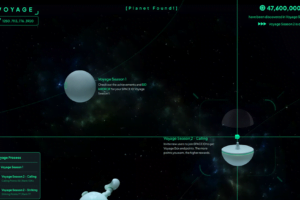

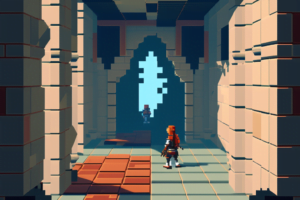






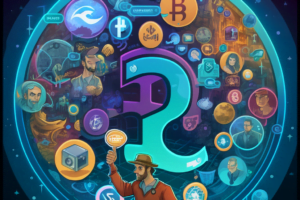

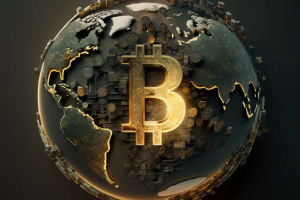


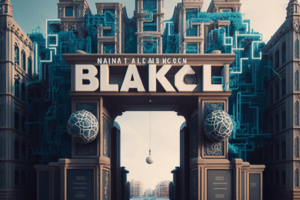
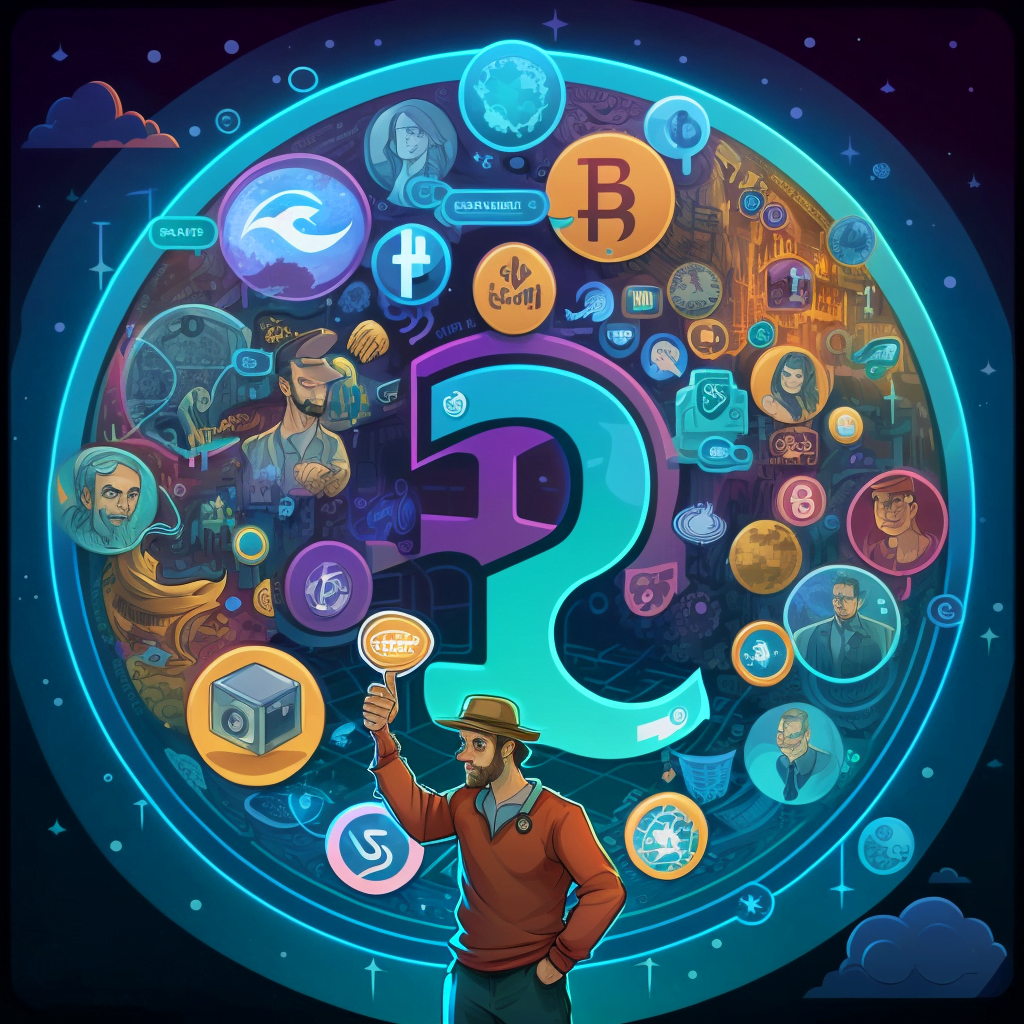



![StarsArena (StarShares): The Universe of Web3 Crypto Social Media! [Guide] starsarena](https://cryptos.us/wp-content/uploads/2023/10/starsarena.png)